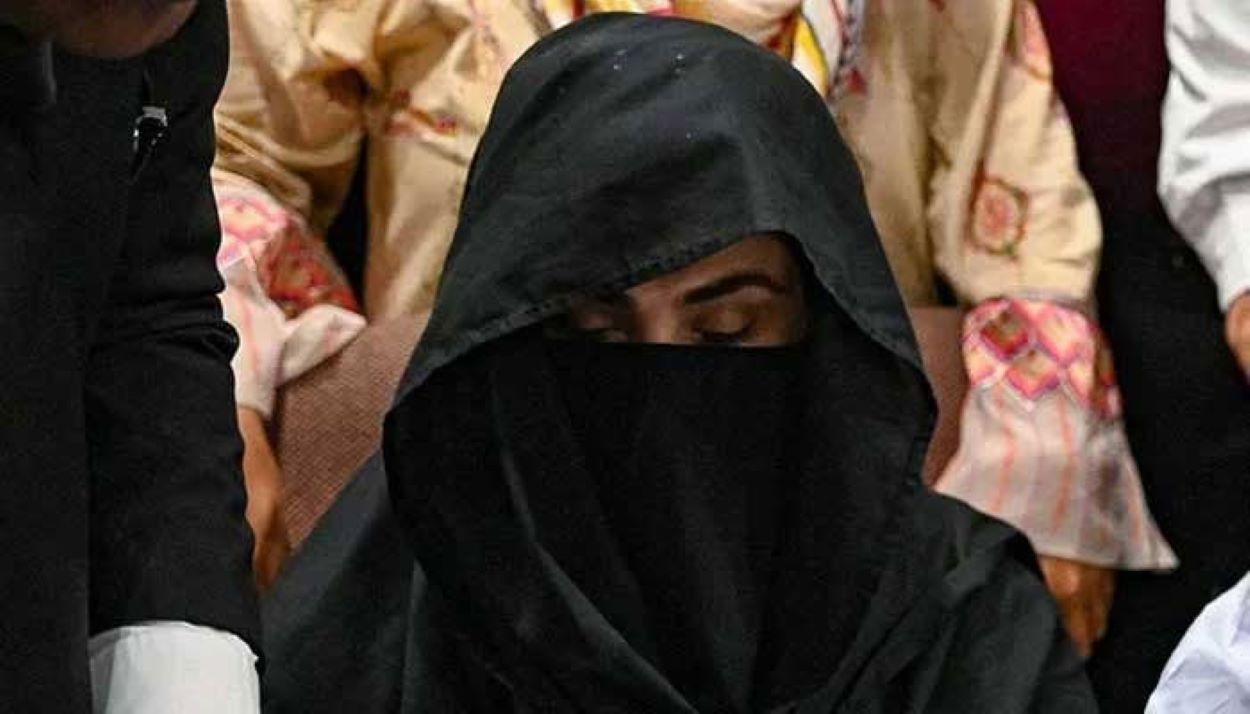Maryam Riaz Wattoo, sister of Bushra Bibi, wife of Pakistan Tehreek-e-Insaf (PTI) founder Imran Khan, revealed on ARY News’ Eleventh Hour that Bushra resorted to a hunger strike in jail to secure a family meeting. Wattoo detailed the harsh conditions Bushra faces in Adiala Jail, raising concerns about her health and treatment.
Wattoo claimed Bushra endures inhumane conditions, including a leaking ceiling, live electrical currents in her cell’s board, rats, and power outages lasting up to two days. “Bushra Bibi has become very weak and lost almost 15 kilograms,” Wattoo said, adding that her sister’s morale remains strong despite these challenges. She alleged that Bushra has been unfairly denied bail in multiple cases and barred from meeting Imran Khan, who is also incarcerated.
Imran Khan’s wife, Bushra Bibi, is being held under inhumane and degrading conditions. According to her family, who were only allowed to meet her after one month when she went on a hunger strike, she remains morally strong despite the cruel treatment.
She has been placed in a… pic.twitter.com/cbyeLfoI10
— PTI Canada Official (@PTIOfficialCA) August 20, 2025According to Wattoo, Bushra’s family faced significant delays in securing a visit, waiting hours outside the prison after a month of repeated requests. The hunger strike was a desperate measure to gain permission, highlighting the restrictive conditions imposed on her.
Wattoo also addressed speculation about Bushra’s involvement in recommending Mashaal Yousafzai for a Senate seat, stating, “I am 100 per cent sure Bushra Bibi did not recommend Mashaal Yousafzai for any role.” She noted that Barrister Saif presented a list to Imran Khan, but the details of approvals remain unclear, distancing Bushra from the decision.
Bushra Bibi, sentenced to seven years in the Al-Qadir Trust case alongside Imran Khan’s 14-year term, has faced ongoing scrutiny. Wattoo’s claims echo PTI’s allegations of political persecution, drawing attention to the treatment of high-profile prisoners. The reported conditions raise questions about prison standards and human rights, amplifying public and political discourse.






